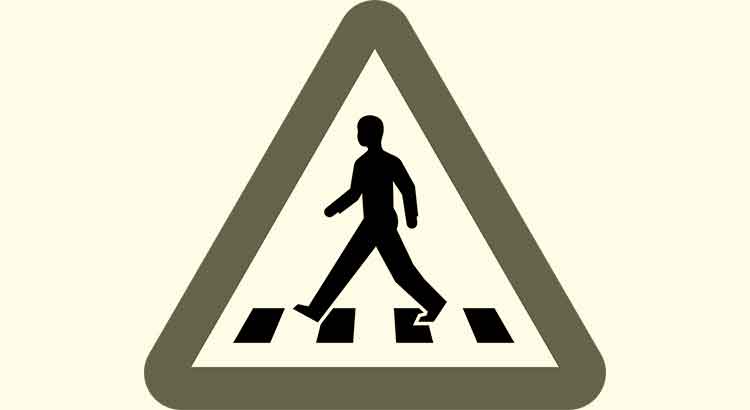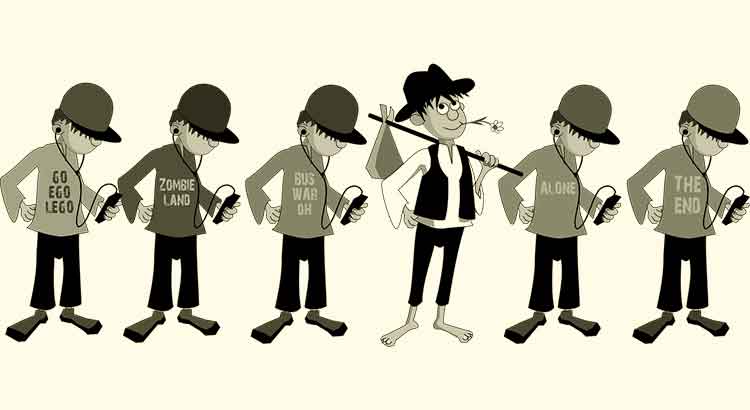It has become fashionable to differentiate synonyms to adapt them to ideologies and sell any kind of advice. The examples are numerous: “loneliness” and “solitude”, “goal” and “aim” and many others. Recently, I came across a guy differentiating “rich” from “wealthy”. According to him, rich people are people with a lot of money, while wealthy people are people with a lot of freedom. The reasoning is this: true wealth is associated with freedom, with the availability of resources that allow the release from work, that open possibilities, that do not require high maintenance costs, that produce a highly positive cash flow. Naturally, the citizen then wanted to teach how to be wealthy. But let us stick to the idea: wealth and freedom, money and release. The guy is right in what he says. There is a false idea, widely spread all over the planet, that success is mostly tied to money, happiness to wealth, and value to success. I easily recognize a modern slave: someone constantly concerned, hostage to countless obligations, thirsty for security, and proud of what he can buy. Let’s say he is a millionaire. He is a millionaire, but he does not let go of the telephone, he cannot miss work, he cannot leave it and he commits himself to various obligations. He has got a big house, he changes cars often, he consumes in a very high standard. Would that be success, or would that be value? Money is only noble as a means to freedom, and skews when it leads to slavery. Accepting himself as a slave, unaware of his own condition, the millionaire is nothing more than a puppet of money, submissive to a piece of paper. In the meantime, I surrender: “value”, today, like all other words, seems to escape from my understanding…
____________
Read more:



